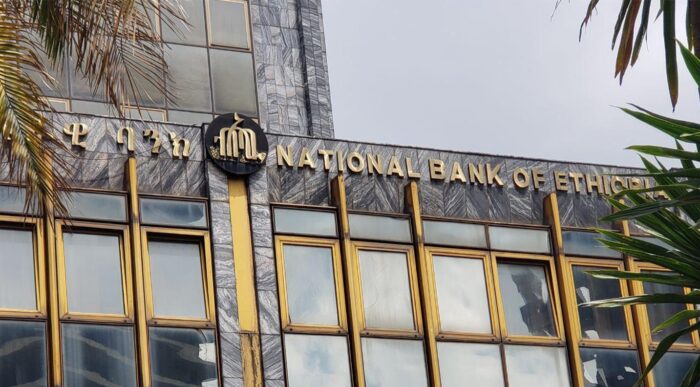The National Bank of Ethiopia (NBE) has unveiled a new policy on foreign exchange (FX) spreads and fees, effective immediately, to promote greater transparency in the country’s financial system.
This policy requires banks and financial institutions to distinctly separate their FX trading spreads — the difference between buying and selling rates — from other fees in their daily posted rates. The aim is to ensure customers have clear visibility of forex transaction costs.

Previously, banks were required to include all FX-related fees and commissions in their trading spreads, with the exception of nominal fees. However, based on feedback from the banking sector and lessons learned, the NBE has decided to revisit its approach. Now, banks are obligated to adjust their rates in response to market conditions through transparent negotiations with customers, while keeping adjustments within 2% of the posted rates, aligning with international standards.
The new directive also mandates that all FX-related fees and commissions be separately disclosed and reported to both clients and the NBE. This move is designed to foster transparency, ensuring that clients understand all charges associated with their FX transactions. Banks are encouraged to adopt international best practices to remain competitive in the setting of these fees.
In July 2024, the NBE introduced reforms to the forex market, allowing private authorized dealers to participate alongside banks in determining exchange rates. This initiative sought to create a more competitive market and has since led to the approval of five new companies to operate as Independent Foreign Exchange Bureaus. These bureaus are expected to play a vital role in deepening the market while being strictly monitored to comply with NBE regulations.
The reforms are part of broader efforts by the NBE to strengthen Ethiopia’s foreign exchange market and ensure a more open, transparent, and competitive financial system.
